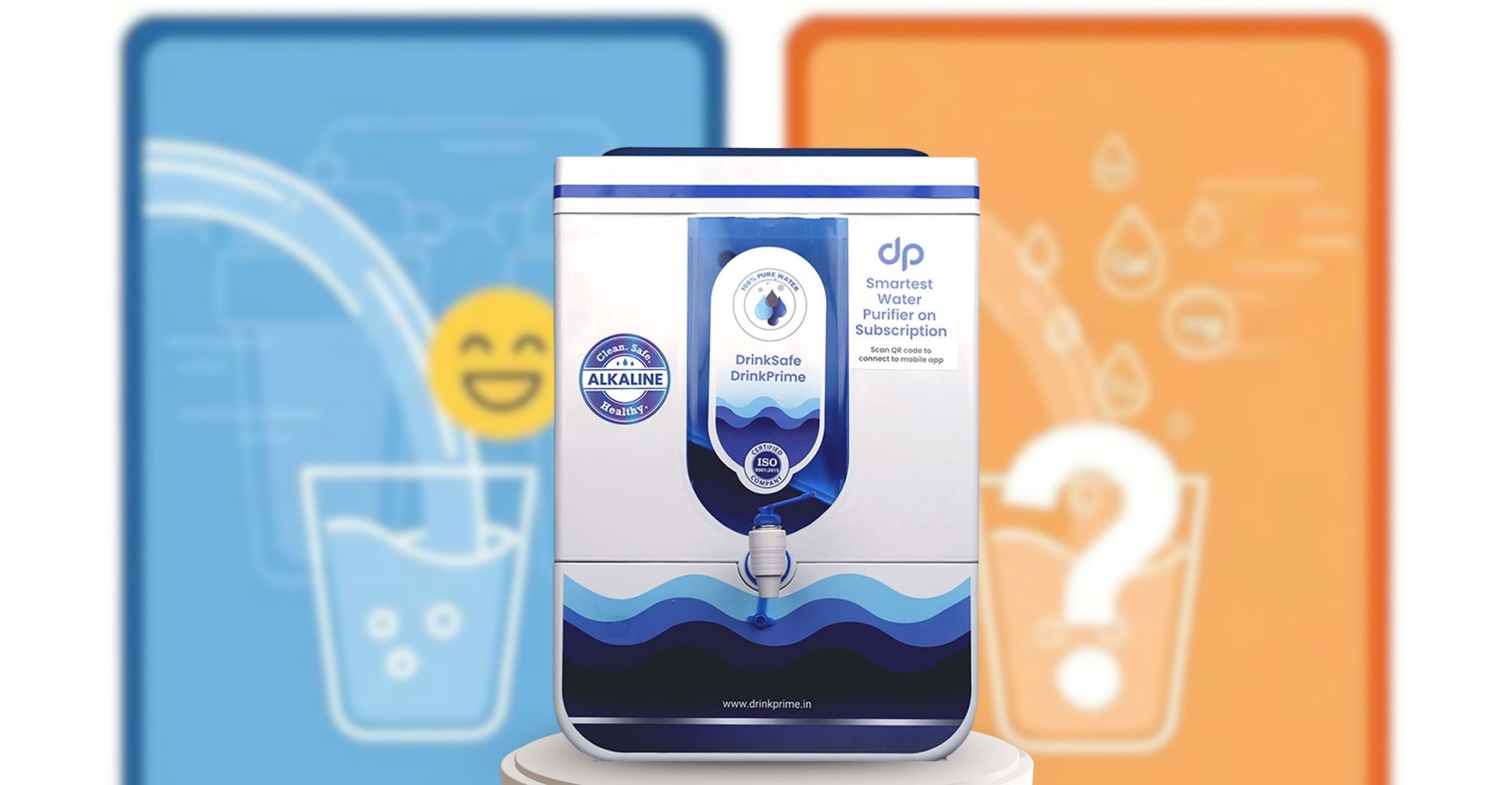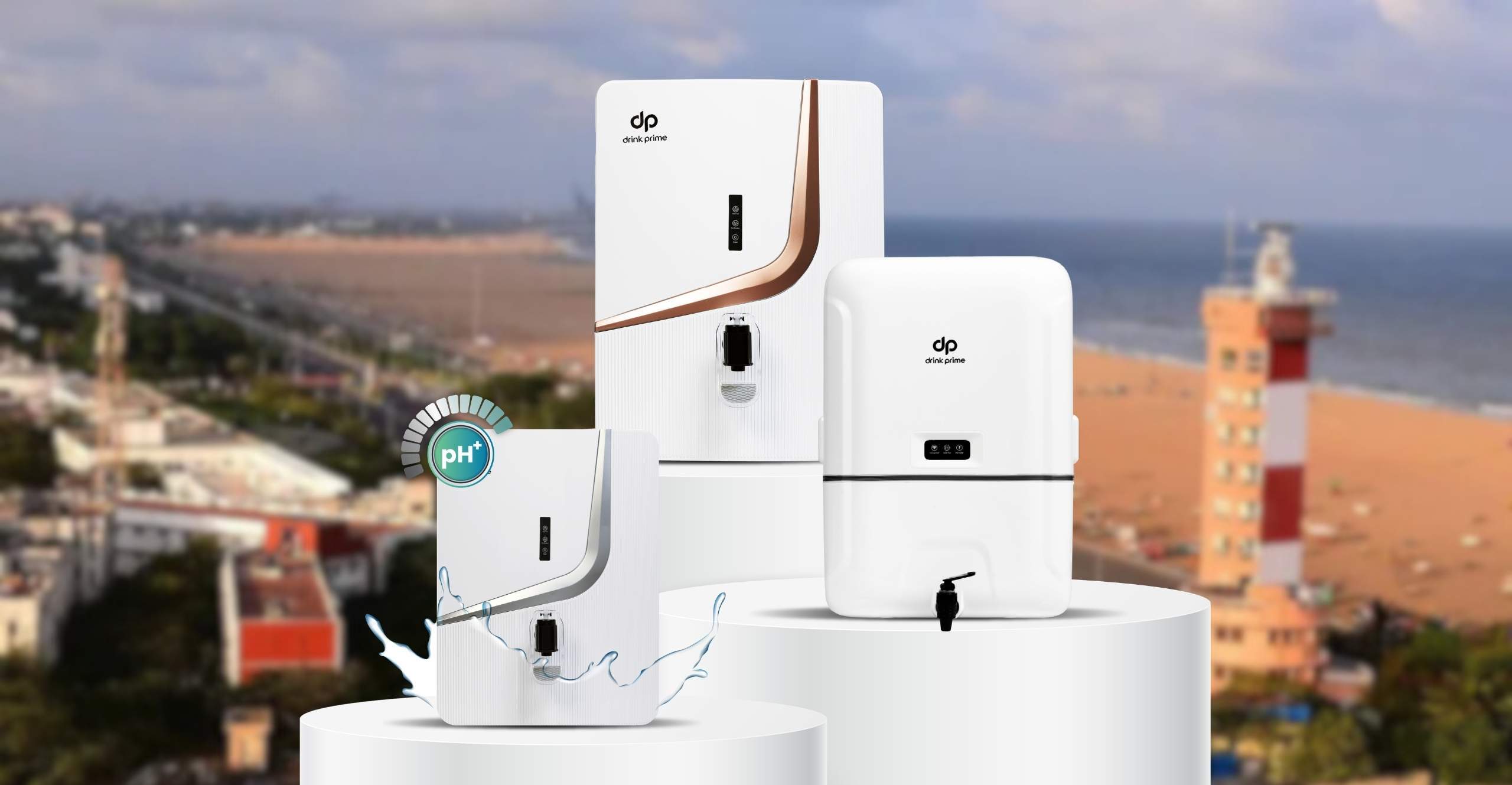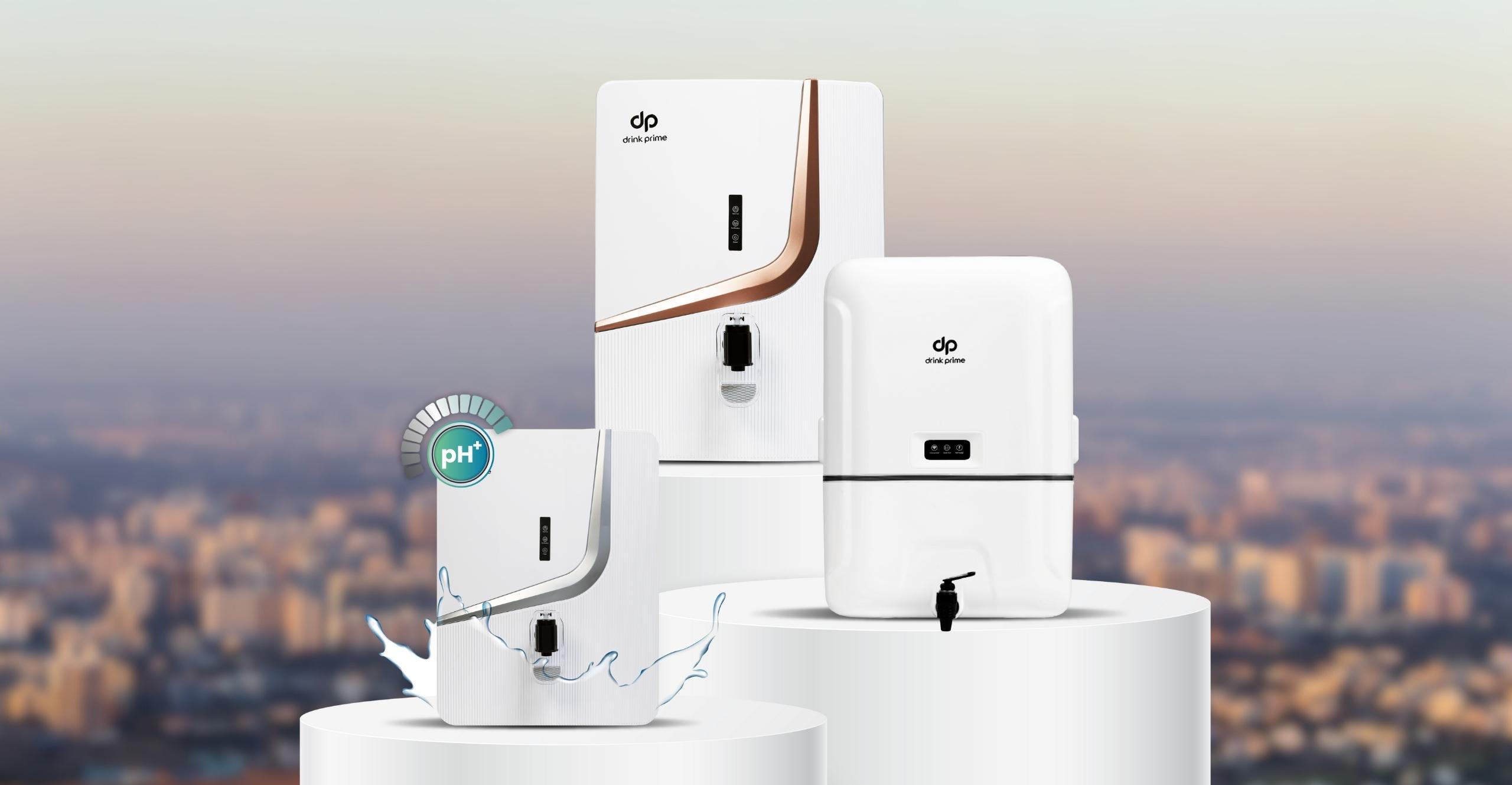Reverse osmosis (RO) purifiers have revolutionised how we obtain clean drinking water. Yet many users express concerns about water wastage during the filtration process. Understanding why an RO purifier wastes water can help consumers make informed decisions about their water filtration systems.
This blog post will explore the science behind RO filtration and discuss the reasons for water wastage. Additionally, we will provide insights into minimising water wastage and the benefits of using an RO water purifier.
How Does a Reverse Osmosis Water Filter Work?
To understand why RO purifiers waste water, we must first understand how a reverse osmosis water filter operates. The process involves forcing water through a semi-permeable membrane, which filters out contaminants, impurities, and larger particles.
The Filtration Process Explained
- Water Intake: Tap water enters the RO system.
- Pre-Filtration: Before reaching the RO membrane, the water passes through pre-filters to remove larger sediments and chlorine. This step protects the RO membrane.
- Reverse Osmosis: Water is pushed through the membrane. Pure water flows to the storage tank, while the contaminants are concentrated on the other side.
- Post-Filtration: The purified water may go through additional filters, ensuring optimal taste and safety.
However, this process has its downsides. The membrane needs to expel some water, where the waste occurs.
Why RO Systems Waste Water?
The need for water wastage in RO purifiers arises from the design of the filtration process. Not all the water that enters the system can become purified. For every gallon of purified water produced, 3 to 4 gallons may be discarded as waste.
Reasons for Waste
- Concentration of Contaminants: The contaminants removed during filtration must be flushed away. This concentrated wastewater cannot be reused directly.
- Membrane Functionality: To maintain the membrane’s effectiveness, some water must create pressure. This helps flush out the impurities.
- Pressure Variations: Variability in water pressure can lead to increased waste, as the system needs to maintain consistent performance.
Understanding these factors can help users grasp the necessity of wastewater in the RO filtration system.
What Should You Be Mindful of Before Using RO Wastewater?
While RO wastewater may contain some dissolved solids, it is generally unsuitable for drinking or irrigation due to its high salt content. It’s essential to be aware of local regulations regarding the disposal of RO wastewater. Some areas may have restrictions or guidelines in place.
5 Ways to Repurpose RO Wastewater
Instead of simply disposing of RO wastewater, here are five ways to put it to good use:
Flushing Toilets
RO wastewater can be used to flush toilets, conserving potable water. This can reduce overall water usage and maximise your water filtration system’s efficiency.
Gardening and Plant Care
While not ideal for all plants, RO wastewater can water certain drought-tolerant plants or non-edible landscaping. Use RO wastewater to irrigate plants that are not sensitive to higher salinity levels. The minerals in the wastewater can benefit certain plants.
Cleaning Purposes
RO wastewater can be used for cleaning, such as mopping floors or washing windows and outdoor surfaces. It effectively removes dust and grime without leaving mineral deposits behind.
Car Washing
Use RO wastewater for washing your vehicle. It can help clean while avoiding the mineral build-up that regular tap water may cause.
Laundry
RO wastewater can be used to rinse clothes in a second wash cycle. This helps reduce water consumption and enhances the effectiveness of your laundry routine.
Aquaculture
RO wastewater can create artificial ponds or aquaculture systems for raising fish or other aquatic organisms.
Industrial Applications
In some cases, RO wastewater can be reused for industrial purposes.
Why Choose DrinkPrime for Your RO Purifier Needs?
DrinkPrime stands out for its commitment to quality and efficiency in water filtration systems. Our RO purifiers are designed to provide purified drinking water and minimise water wastage.
Advanced Technology for Optimal Performance
DrinkPrime’s RO water purifiers incorporate advanced filtration technologies, ensuring you receive clean water while being mindful of environmental sustainability. We focus on maximising purification while reducing waste, making them a wise choice for conscious consumers.
User-Friendly Features
DrinkPrime purifiers have smart features, such as real-time water quality monitoring and automatic alerts for filter changes. These features enhance user experience while ensuring the longevity and effectiveness of your water filtration system.
Get 7 Days Risk Free Trial
Conclusion: Making the Most of Your RO Purifier
While RO purifiers produce wastewater, their benefits regarding clean, safe drinking water often outweigh this drawback. By understanding the reasons for water wastage and exploring ways to reuse or minimise it, you can decide whether an RO purifier is the right choice for your home.




